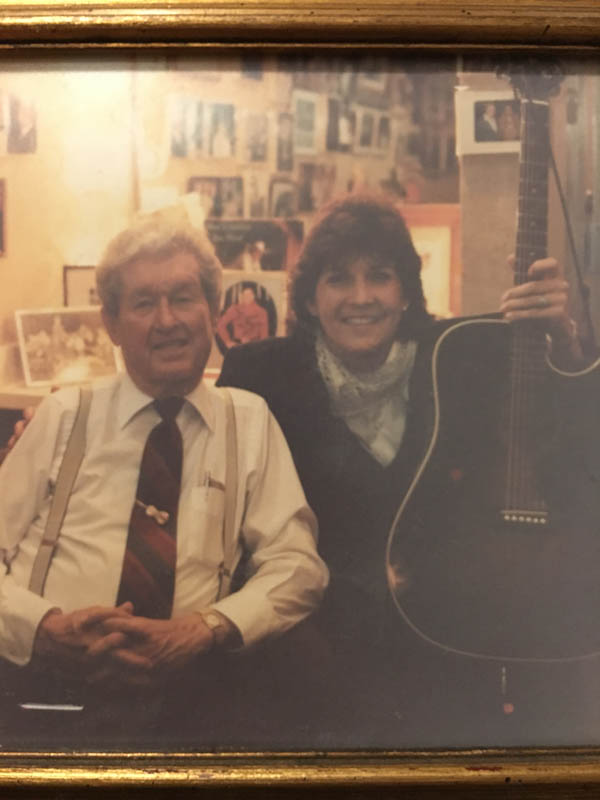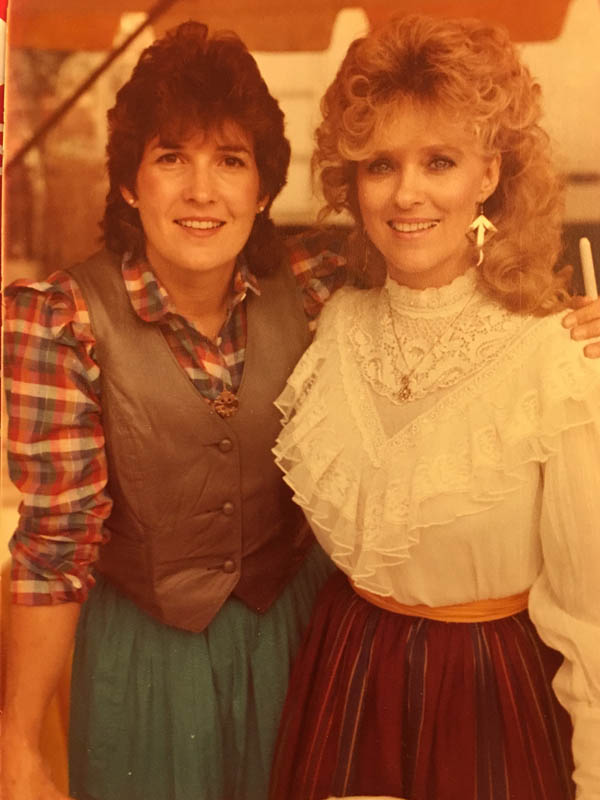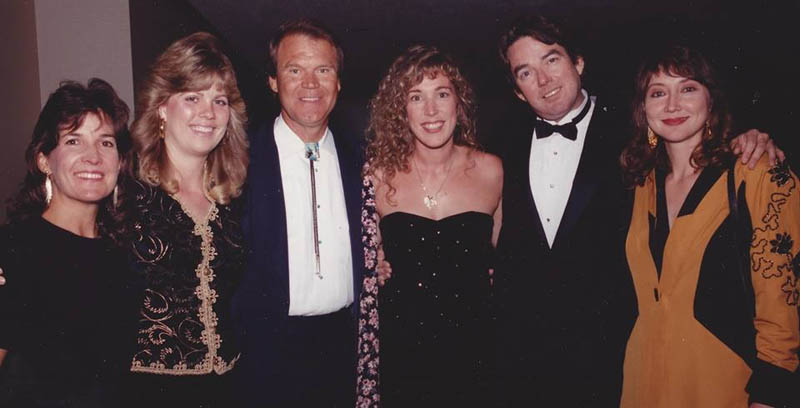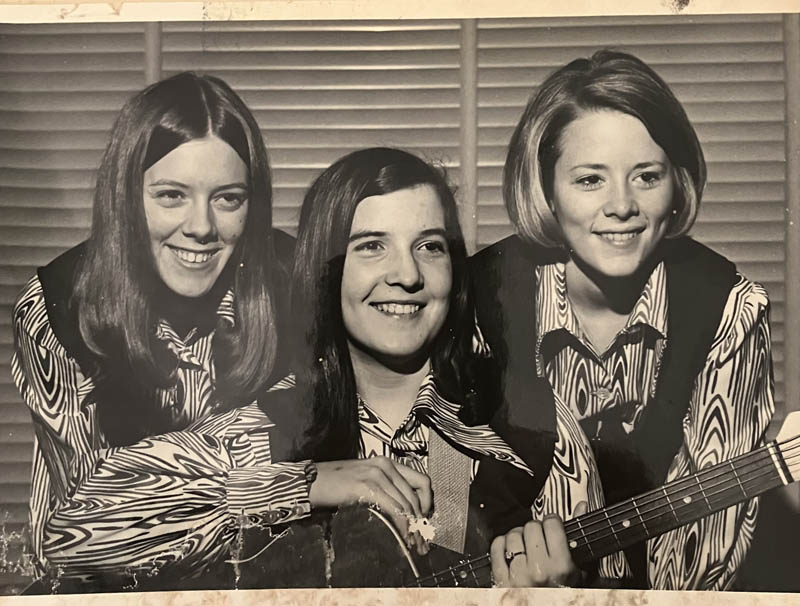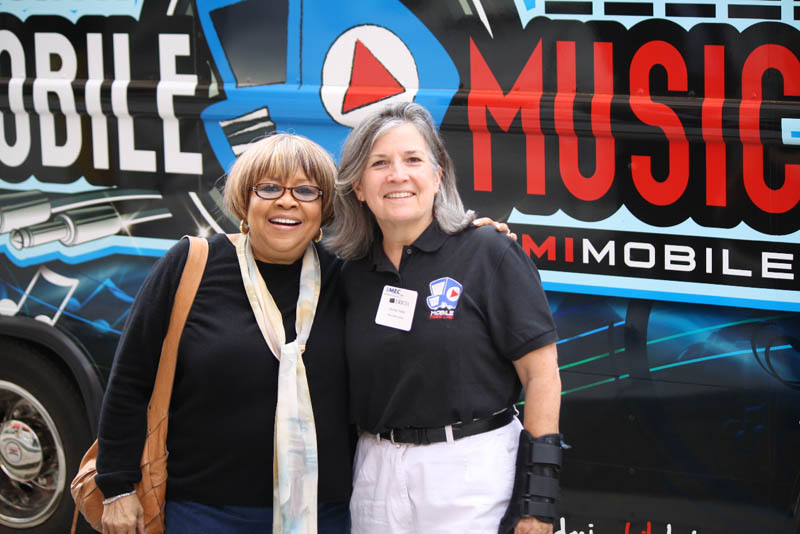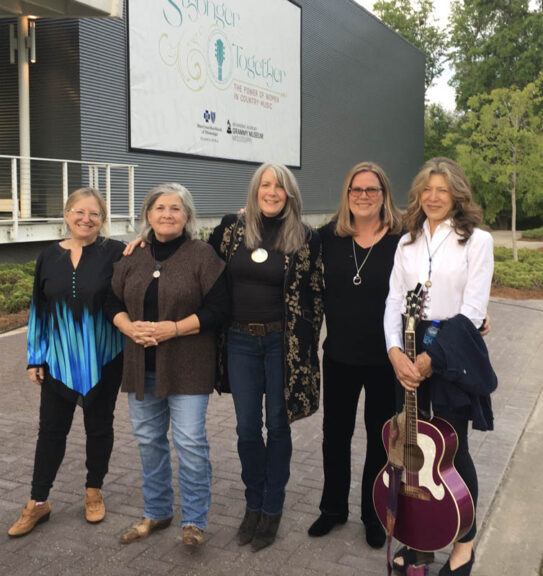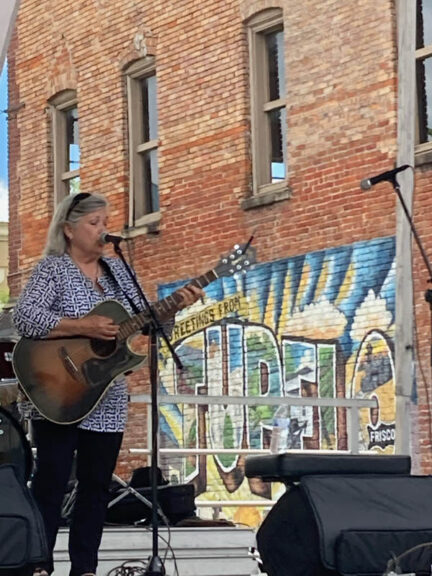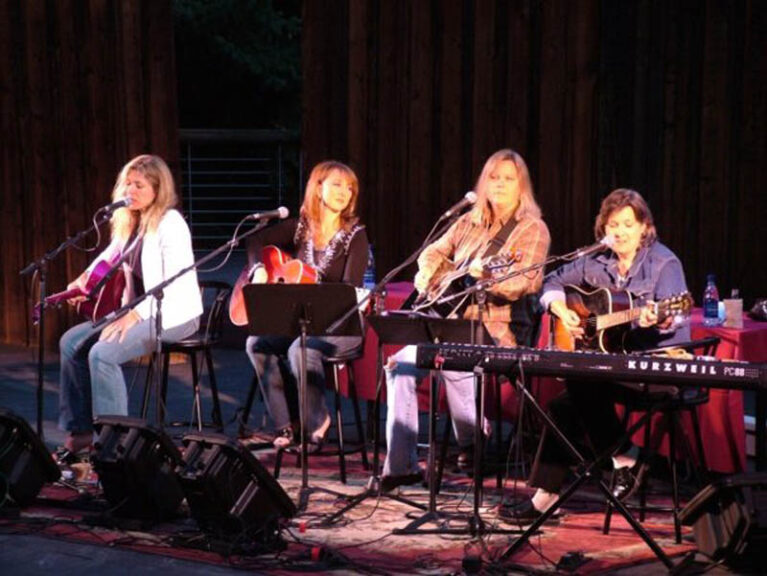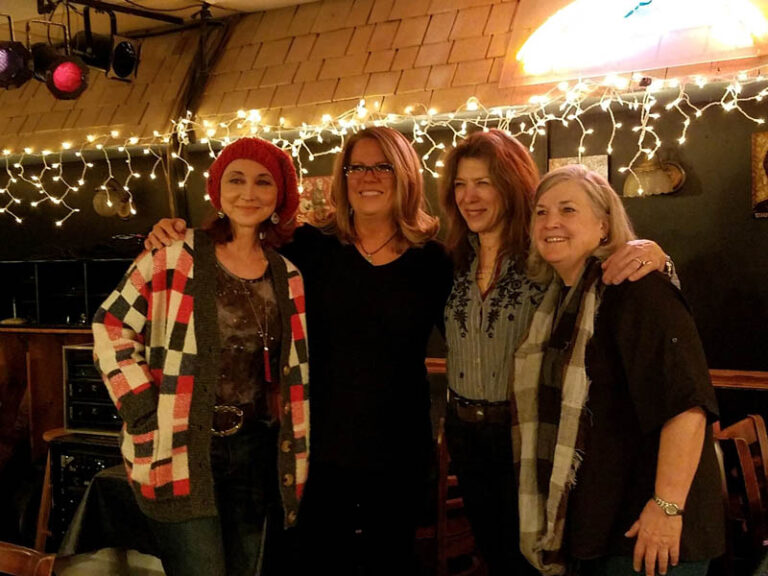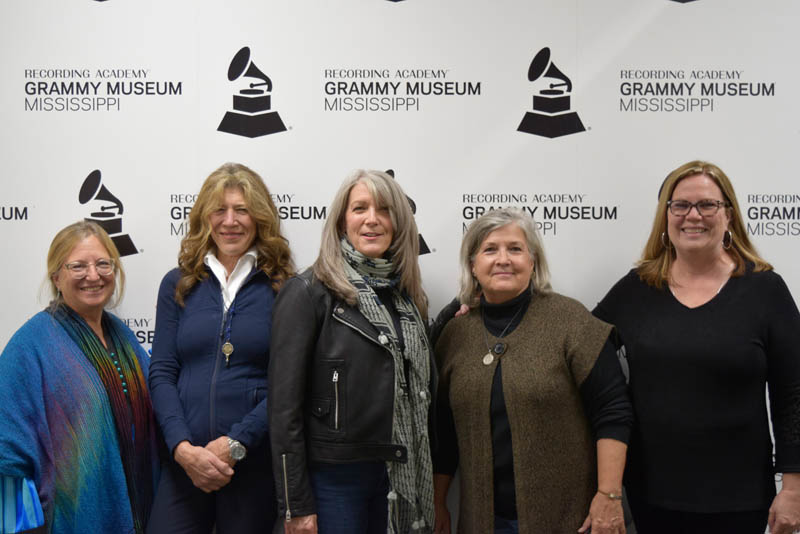Grammy-winner Tricia Walker has performed with country artists Shania Twain, Paul Overstreet, and Grand Ole Opry legend Connie Smith. As a singer and songwriter, her passion for music is rooted in the American South. In this podcast she speaks about her friendship with King of Country Music Roy Acuff, her success in country and gospel music, being a founding member of the Bluebird Cafe’s Women in the Round, as well as establishing a Grammy Museum in her home state.
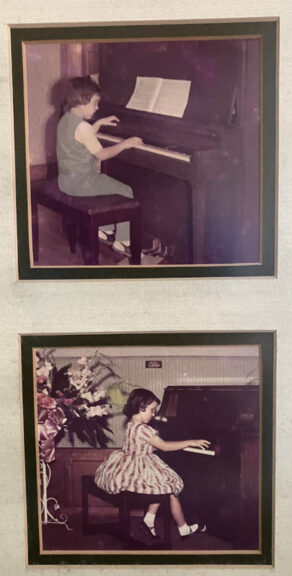
Her ability to cultivate community and make connections through songs and storytelling is exemplary. As Tricia Walker’s life comes full circle, she talks about returning to her beloved alma mater to teach. Recently retired, she now continues to mentor and advocate for music rooted in The Delta. This podcast offers insight into the gifts she’s giving to her beloved community — those that will live on through her students, and from her role in helping to establish the recently opened Grammy Museum Mississippi.
Where did you first learn to sing?
I had an incredible music teacher named Miss Iska Montgomery, who taught me music — piano lessons from the time I was six. And she was our public school music teacher. Outside of my parents, she’s probably the greatest influence on my life. I learned to sing, learned to play piano, and learned music from her all the way through high school.
In this podcast, Tricia Walker elaborates on those early years and how they created her love for music, desire to learn other instruments … and ultimately led her to Nashville and a career in the music industry as a songwriter, singer, and musician.
Faith Hill, Patty Loveless, and Alison Krauss are among some of the artists who have recorded your material … and Alison won a Grammy for one of your songs. Will you share a bit more on that success?
I started writing probably what began to look like a song maybe in junior high or high school. There was no roadmap, and I was fortunate to be coming of age during the time of the great singer-songwriters Carole King, James Taylor, Jim Croce, all those people. … And I was like, oh, man, how do they do that? How do they tell a story like that? I became intrigued by that, and that was probably my internal launch for songwriting. So, when I came to Nashville, I had a briefcase full of cassettes. The only real information I could find about songwriting back in the late ‘70s, and early ‘80s, was a publication out of Los Angeles called Songwriter Magazine. It’s the only one I’d ever seen. And so, I subscribed, and it had articles in it as to how to record a demo tape, how to make an appointment with a publisher, and I still have those magazines. It’s so funny, the technology in them is hilarious.
She recounts her formative days in Nashville including how as a young and naïve songwriter she was politely “schooled” at a well-known Nashville publishing house.
Why is it so important to you to help establish a Grammy Museum in Mississippi?
Let me, first of all, say I was just part of the circle of people who really had the vision for something like this — right place, right time. The staff at the time in LA [Los Angeles] and the director there in LA at the time, was a musicologist and an educator. He understood the importance of the music that has come from Mississippi and The Delta, particularly the blues, which can be argued as the root of all great American music. And that’s really right here in the Mississippi Delta. And it has made an enormous difference. The little town where I live now, Cleveland, Mississippi, is about 12,000 people. And, so it is a huge thing for our town. It has made an enormous difference in economics and tourism, and cultural development and historical preservation. And music is the one thing that connects us all across all kinds of lines and arguments…
Don’t you find it interesting when you start realizing that there’s room for the next generation to step in and it’s time to step aside?
Oh Yes. It’s a lovely thing because the fact of the matter is you get tired. Oh my gosh. I mean, I consider myself, I’ve got a pretty good bit of stamina, but I’m like, you know what? I’m going to pull the old woman card here and let this young person do that. So, let’s do that. I like that idea. So yes, but it’s a great blessing… This community here has been so supportive of me. I came back [to teach] and when I retired from Delta State with the Grammy Museum here, we’ve really been trying to focus on tourism development in identifying Cleveland as a roots music town. And it is an intentional play on words because we are an agricultural area — part of the state — and [we are] just trying to help promote and develop semi-pro musicians. The musicians here that I work with now, they’re not going to leave and go to Nashville. They’ve got homes and families here, but they still enjoy music, and they enrich our community with what they do. And so, we put a roots umbrella over it; we call it Deep Roots (DeltaDeepRoots.com) and I’m having fun doing that. I always enjoyed teaching and just sharing information, so I’m having a good time doing that.
In this podcast, the voice of experience and wisdom shines. Tricia Walker candidly shares how she made the trek to Nashville to follow her dreams. She brings the music industry to life for listeners offering real-world stories that showcase an interesting look at some of Nashville’s famous performance venues including the Grand Ole Opry and the Bluebird Café.

This Squeeze the Day is brought to you by the All of Us Research Program from the National Institutes of Health. Learn how you can help change the future of health by participating in the program.
Visit joinallofus.org to learn more.

